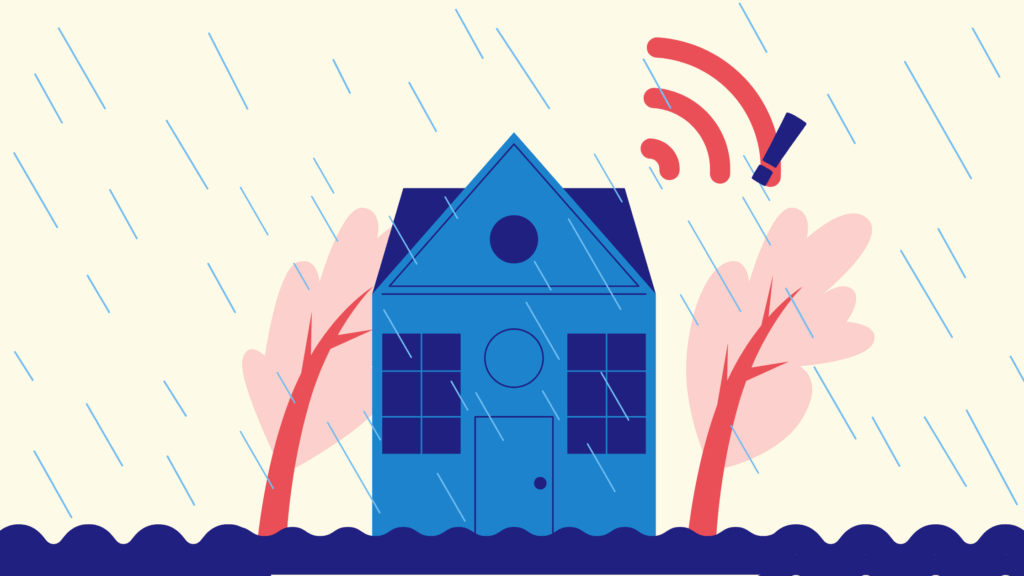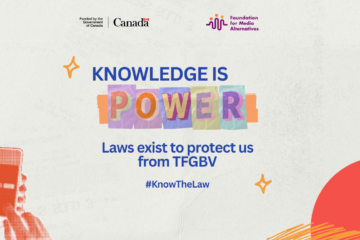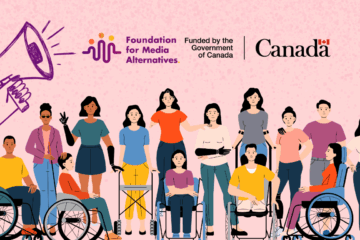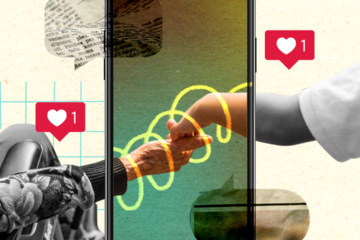Why Stable Connection is Crucial for Filipino Women During Typhoon Season

In the Philippines, where numerous typhoons devastate communities one after another, internet access is not just an issue of convenience. It is a political one as well. Each storm season, millions are cut off from electricity, transportation, and communication. But what often gets overlooked is how the lack of internet access disproportionately harms women, girls, and other marginalized genders, particularly in low-income, rural, and disaster-prone areas.
For women, the internet is a tool for safety, learning, and connection. When it disappears, so do these opportunities. That is why we must not only recognize connectivity as a human right but also urgently push for policies like the Konektadong Pinoy Bill that aim to make internet access universal, reliable, and equitable.
There are two ways that women can be disproportionately affected by internet disruptions during calamities:
Disasters make gender inequality worse and losing internet connection makes it even harder for women
In times of disaster, women often carry the emotional and physical labor of care. Without access to the internet, tasks such as reaching emergency services, coordinating relief, or even checking on loved ones become difficult. Disruptions in connectivity leave them with few ways to reach out for help or stay informed when timely information is most critical.
Internet access is key in feminist resistance and survival
Women and marginalized groups rely on online platforms not just for communication, but for protection, advocacy, and mutual support. These digital spaces serve as crucial venues for organizing community-led relief drives, sharing verified safety information, reporting incidents of abuse and harassment, and building networks of solidarity.
However, during natural disasters, these lifelines are often the first to be severed. Power outages and damaged infrastructure can instantly cut women off from the very tools they use to safeguard themselves and their communities. This digital isolation can delay emergency response, silence reports of violence, and prevent survivors from accessing essential aid and psychosocial support.
Internet Connection is a Right
There is no time that underscores the importance of access to information more than during disasters. It is during these moments that being connected can mean the difference between safety and danger, between isolation and support.
We urge lawmakers, civil society, and every citizen to support the Konektadong Pinoy Bill. As typhoons continue to batter the country with increasing intensity, let us ensure that no one is left behind in our physical and digital communities.



0 Comments